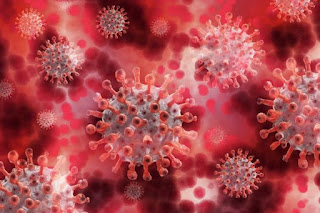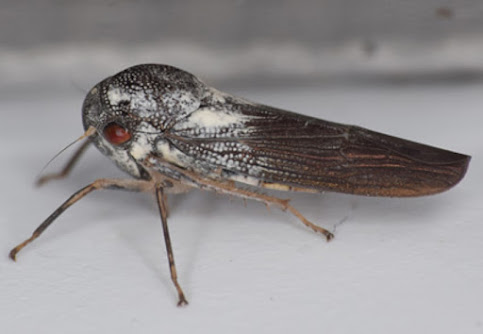The COVID-19 pandemic has disproportionately affected individuals with primary immunodeficiency (PID) and secondary immunodeficiency (SID). These conditions arise when the immune system’s ability to fight infectious disease is compromised or entirely absent as a result of genetic mutations (PID) or other factors, such as immunosuppressive drugs, blood cancers or chemotherapy (SID).
In a significant national effort, and the largest study of its kind to date, the United Kingdom Primary Immunodeficiency Network (UKPIN) collated the outcomes of individuals with PID and SID following infection and treatment for COVID-19.
This retrospective study, published in the journal Clinical & Experimental Immunology, aims to better understand the risk of severe disease and death following SARS-CoV-2 infection in patients with primary or secondary immunodeficiency. The outcomes of 310 individuals from across the United Kingdom were reported to a UKPIN case series between March 2020 and July 2021.
The team found that 45.8% of patients with PID or SID were hospitalized with COVID-19, a significantly higher rate than for the UK general population, and died up to 26 years younger than the median age of death from COVID-19 in the UK. The risk of dying in patients with primary or secondary immunodeficiency was also higher than the general population, varying between subgroups of these conditions. For example, 16.3% of individuals with primary immunodeficiency receiving immunoglobulin replacement and 27.2% with secondary immunodeficiency died from infection during the first three waves of the SARS-CoV-2 pandemic in the UK.















.jpg)
